Temples Everywhere: Exploring Pithatola Village
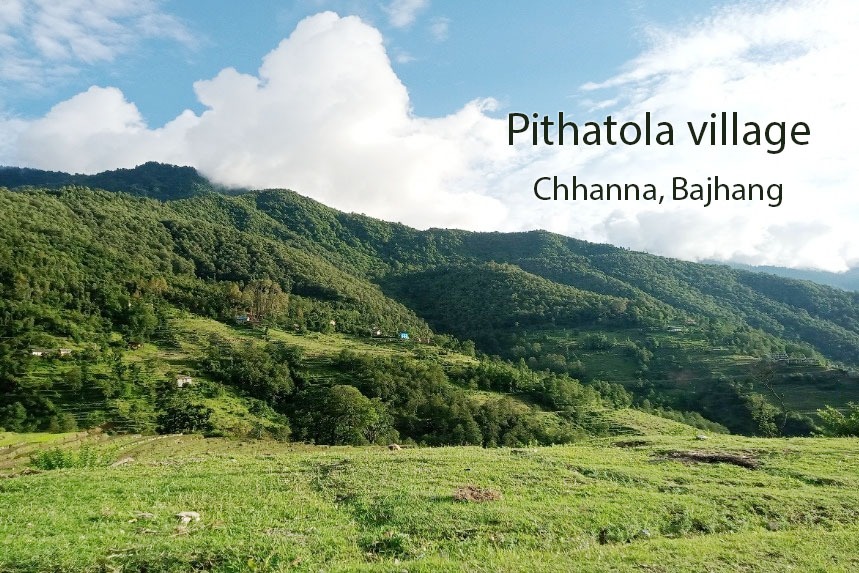
Kalukheti, Bajhang : nestled in the lap of nature, holds numerous pilgrimage and tourist sites that offer a unique experience to visitors. Among these, Pithatola stands out as a small village where ancient temples and serene landscapes enchant every soul.
Pithatola, which lies in Khaptad Chhanna Rural Municipality’s Ward No. 5 and is renowned for its scenic beauty and rich cultural legacy, is frequently referred to as the “heart of Bajhang.” The community is well-known for its ancient temples and customs, which make it a must-see location for both adventure seekers and spiritual seekers.
Mashto, the god that the people of Pithatola have revered for ages, is honored in one of the city’s most well-known temples. Regular worship rituals take place at the temple, and worshippers offer prayers both there and in their homes.The worship rituals follow a traditional calendar, with special emphasis on the cultivation of barley during certain months.
Another interesting custom in Pithatola is a ritual in which a stone pillar a representation of the deity’s presence is said to move on its own. This event is regarded as a divine blessing and is well established in the village’s tradition, having been seen by both people and tourists.
Moving on to Khaparmau, a village known for its temple dedicated to Motakatiyan, the traditions are equally captivating. The temple, revered by the locals for generations, hosts elaborate worship ceremonies throughout the year, drawing devotees from far and wide.
An interesting custom observed in Khaparmau is the offering of sacrifices to please the deity during certain auspicious months. This practice reflects the deep-rooted beliefs and cultural significance attached to the temple, making it a focal point of spiritual devotion and community’s unity.
Langgomadu (Pithatoli) Temple
The Langgo deity has been worshipped since ancient times and is believed to have been brought from Lake Manasarovar in Tibet. The temple is visited twice a year, during the months of Bhadra and Chaitra on the Shukla Paksha dates. It’s said that the deity was brought from Tibet by a local family about three hundred years ago.
During the 12th century, the Joshi community settled in Bhatekhola of Bajhang and started residing in Pitha Toli. Legend has it that various deities were worshipped there, including the Langgo deity, carried in a sila (stone slab) brought in black clothes from Bhot.
Dudir Madu (Temple of Justice)
The temple is known as the Temple of Justice, where the guilty are punished and the innocent are granted justice. In ancient times, this temple was a place where justice-seeking individuals would go through judicial processes similar to courts. According to locals, the guilty are worshipped at night and the innocent during the day, reflecting the principles of justice.
Laata Madu (Temple of Laato)
Laata Madu Temple is particularly known for the marriages of young girls. It’s believed that when girls are made to sit under the “Laato” deity, they giggle. A significant tradition is to offer a large khassiko bali (sacrificial goat) to please the deity. Locals believe that if the deity isn’t pleased when girls are not giggling, it indicates problems in their future.
According to locals, when girls who were married from Pithatoli faced difficulties in their new homes, they would turn to the nearby deities for solutions. If the Laato deity wasn’t worshipped, they would start worshipping it regularly.
Pithatoli isn’t just about one temple; there are several temples of various sizes. The focus of religious activities shifts from small to large temples. Religious rituals fill the village with hymns and prayers during the morning hours. The atmosphere is vibrant with rituals like aarti and the sound of conch shells from 4 to 6 in the morning in every household.
The unique atmosphere of Pithatoli captivates anyone who visits, with religious rituals leaving a lasting impression. The temple structures may not be grand, but the simplicity and spiritual energy of the place are what make it special.








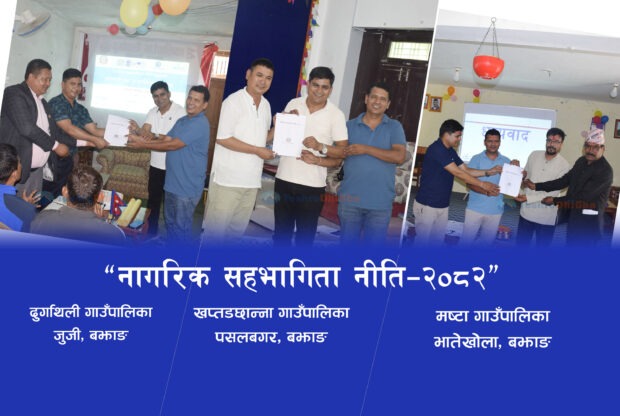


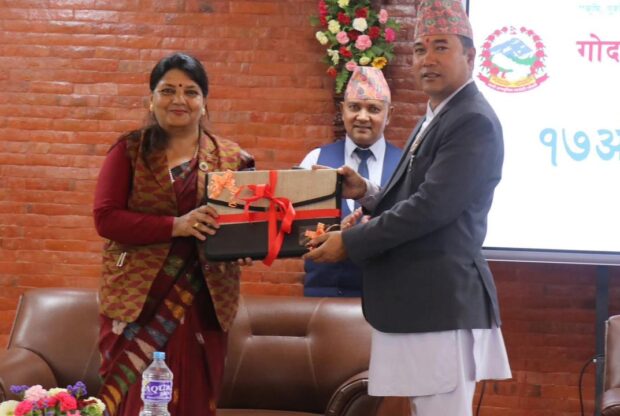

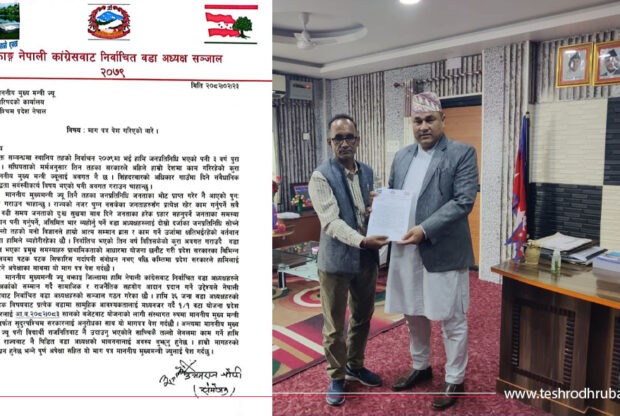

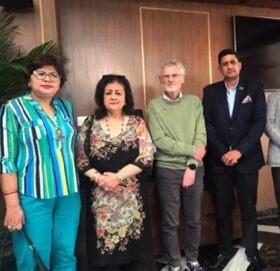
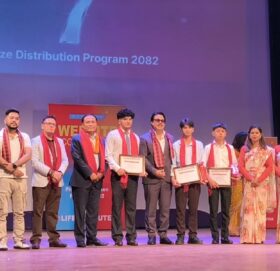
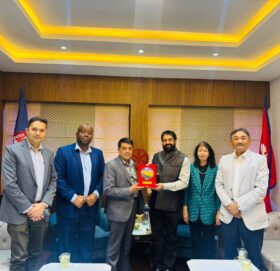
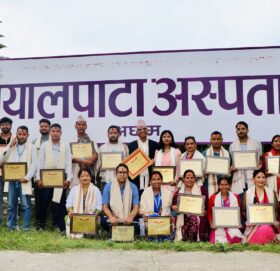





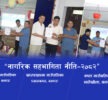




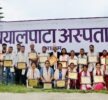








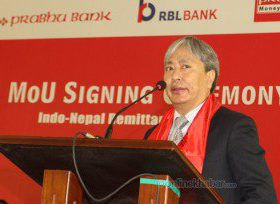





फेसबुक प्रतिक्रियाहरु